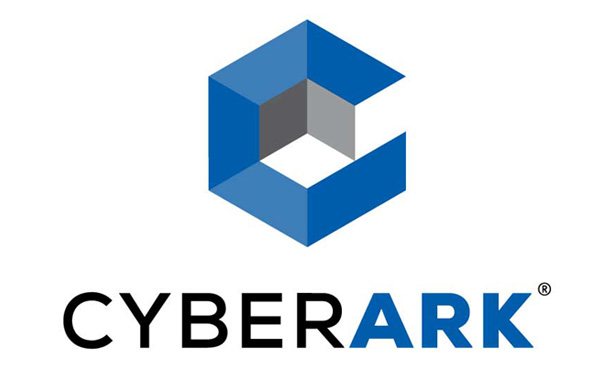The CyberArk Global Advanced Threat Landscape Report 2018 shows organizations are failing to secure privileged accounts and credentials in the cloud, on endpoints and across IT environments.
According to the CyberArk Global Advanced Threat Landscape Report 2018, nearly half (46 percent) of IT security professionals rarely change their security strategy substantially – even after experiencing a cyber attack. This level of cyber security inertia and failure to learn from past incidents puts sensitive data, infrastructure and assets at risk.
An overwhelming number of IT security professionals believe securing an environment starts with protecting privileged accounts – 89 percent stated that IT infrastructure and critical data are not fully protected unless privileged accounts, credentials and secrets are secured.
Respondents named the greatest cyber security threats they currently face, including:
- Targeted phishing attacks (56 percent)
- Insider threats (51 percent)
- Ransomware or malware (48 percent)
- Unsecured privileged accounts (42 percent)
- Unsecured data stored in the cloud (41 percent)
IT security respondents also indicated that the proportion of users who have local administrative privileges on their endpoint devices increased from 62 percent in our 2016 survey to 87 percent in 2018—a 25 percent jump and perhaps indicative of employee demands for flexibility trumping security best practices.
IT security respondents also indicated that the proportion of users who have local administrative privileges on their endpoint devices increased from 62 percent in our 2016 survey to 87 percent in 2018—a 25 percent jump and perhaps indicative of employee demands for flexibility trumping security best practices.
The survey findings suggest that security inertia has infiltrated many organizations, with an inability to repel or contain cyber threats – and the risks that this might result in – supported by other findings:
46 percent say their organization can’t prevent attackers from breaking into internal networks each time it is attempted. 36 percent report that administrative credentials were stored in Word or Excel documents on company PCs. Half (50 percent) admit that their customers’ privacy or PII (personally identifiable information) could be at risk because their data is not secured beyond the legally-required basics.




